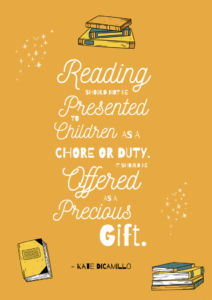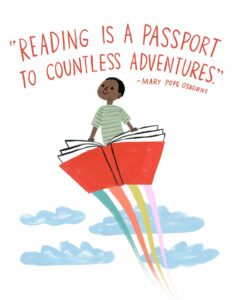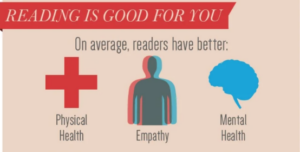In the beginning was the Word, and the Word was with God, and the Word was God.
John 1:1
In the beginning was the Word, and the Word was with God, and the Word was God.
John 1:1
The study of English develops children’s abilities to listen, speak, read and write for a wide range of purposes, whilst using language to communicate ideas, views and feelings. It enables children to express themselves creatively and imaginatively, as they become enthusiastic and critical readers of a range of texts. Children use their knowledge, skills and understanding in speaking and writing across a range of different situations. English is a core subject in the National Curriculum. The yearly teaching programme at BRW identifies the key objectives in English for each year and ensures there is a challenging and inspiring curriculum provided across all year groups.
The sequencing of teaching reading fluency and phonics skills is based upon the Little Wandle Revised Letters and Sounds Phonics Scheme Progression. There are daily phonics lessons in EYFS-Yr 2 based upon this teaching sequence. There are weekly phonics/spelling sessions in KS2 (with added phonics interventions for those on the phonics tracker in KS2). Each class teacher has identified the lowest 20% of readers in their cohort and they are given time to read with an adult 3-5 times each week.
See our Phonics Policy for more information.
Within a synthetic phonics teaching programme, the children in FS2 and Year 1 engage in weekly Guided Group Reading sessions. These reading sessions to allow for precise feedback and teaching that is appropriate for the children’s age and ability. These sessions are based upon the objectives in the BRW whole school reading progression document.
In Years 2-6, children are taught to read using Whole Class Guided Reading sessions. The Reading session focuses on three main elements: fluency, vocabulary and knowledge. These sessions ensure coverage of the objectives in the BRW whole school progression document. Lessons are planned and feature within the weekly English Plan using age-appropriate, varied texts which are inspiring for the children and recommended by credible sources in education. These longer whole class reading sessions follow a sequence of reading fluency, Tier 2 vocabulary, and knowledge skills. Each lesson will allow children to practise their reading fluency with support from teacher or peers; a discussion about five new Tier 2 vocabulary choices from the text and scaffolded reading comprehension with contextualised understanding of the text. Class teachers use their professional judgement to decide when and how to cover the reading objectives from the progression document during their weekly reading sessions. Children will also revisit the five new Tier 2 words from the previous week during their English lessons the following week to ensure this knowledge of vocabulary is embedded. Weekly reading sessions are monitored through book looks, learning walks and pupil voice.



Phonics gives children the key to unlocking the alphabetic code for their reading and spelling; these skills are vital in accessing all areas of the curriculum. Therefore, phonics is the cornerstone of our teaching at BRW.
At Blessed Robert Widmerpool School, we endeavor to ensure that all children become successful and fluent readers by the end of Key Stage 1. We believe this is achievable through a combination of strong, high quality, discrete phonics teaching combined with a literature-rich approach that promotes a ‘reading for pleasure’ culture. We aim for all of the children at BRW to leave school at the end of Key Stage 2 with a genuine passion for reading and writing. We aim to ensure our pupils have obtained all of the skills they need to tackle any book of their choosing after leaving our school. It is essential that our approach to teaching phonics and reading is accessible to all learners, regardless of background.
At BRW, we:
Information and useful resources for parents: https://www.littlewandlelettersandsounds.org.uk/resources/for-parents/
“If you want to change the world, pick up your pen and write”
Martin Luther King
To ensure the progression across the whole school, class teachers refer to the BRW whole school writing progression document which has assigned objectives (linked to the national curriculum) for each year group – this ranges from EYFS to Year 6. This allows teachers to look back on previous objectives and make sure they are revisited in line with pupil progress/attainment data. Each year group has been assigned certain writing genres to cover each year. These writing genres have been selected and organised from Michael Tidd’s ‘writing for a purpose’ document that ensures pupils have a range of ‘reasons to write’ over the course of the year.
Class teachers use their professional judgment and Jane Considine’s ‘Progression in Writing Genres’ document to ensure that SPaG objectives are planned for effectively within teaching sequences.
It is important for children to develop as independent, enthusiastic and expressive writers, who are able to write in a meaningful way. They should be able to use a range of forms for a variety of purposes and audiences. They should be confident in their choice of genre and language style for a specific purpose. Children are encouraged to regard themselves as writers and value their own work and that of others.
Activities are carefully planned so that children: